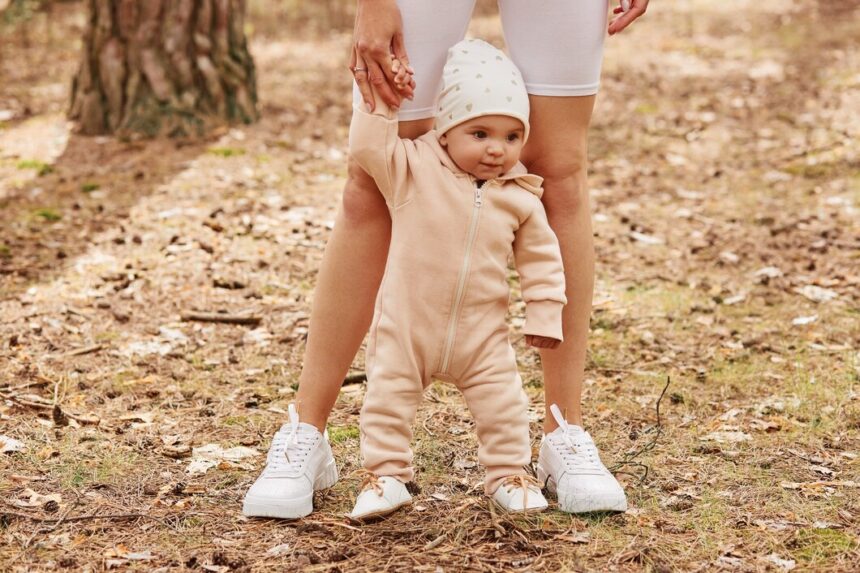As your baby turns 13 months old, they are likely embarking on exciting developmental milestones that mark their transition from infancy to toddlerhood. Each child develops at their own pace, but here are some common milestones you can expect around this age:
Physical Development:
- Walking and Mobility: By 13 months, many babies are walking independently or taking their first confident steps. They may also enjoy climbing stairs with assistance.
- Fine Motor Skills: Your baby may be refining their grasp, using their fingers to pick up small objects or feed themselves with finger foods.
Cognitive Development:
- Understanding Simple Instructions: Babies at this age may begin to comprehend and respond to simple commands, such as “come here” or “give me the toy.”
- Problem-Solving Skills: They might explore objects by trial and error, trying to figure out how things work or fit together.
Language Development:
- Expanding Vocabulary: Around 13 months, babies typically add more words to their repertoire. They may begin to say simple words like “mama,” “dada,” or other familiar names.
- Gestures and Communication: Your baby may use gestures like pointing or waving to express themselves, in addition to vocalizations.
Social and Emotional Development:
- Imitating Behaviors: Babies at this age love to imitate adult actions, such as pretending to talk on the phone or feed a doll.
- Showing Affection: Your baby may show affection through hugs, kisses, or cuddles with caregivers and familiar people.
Feeding and Sleeping:
- Transition to Table Foods: Most babies are eating a variety of table foods by now, and may even start showing preferences for certain foods.
- Sleep Patterns: While sleep can vary, many babies are starting to settle into a more predictable nap schedule with one or two naps during the day.
Play and Exploration:
- Exploring Their Environment: Your baby’s curiosity is growing, and they may enjoy exploring their surroundings both indoors and outdoors.
- Engaging in Pretend Play: They may start to engage in simple pretend play, like feeding a stuffed animal or pushing a toy car around.
Monitoring Your Baby’s Development:
While these milestones provide a general guideline, every child develops uniquely. If you have concerns about your baby’s development or if they’re not meeting certain milestones, consult your pediatrician for guidance. Remember, nurturing your baby’s growth through love, attention, and encouragement plays a crucial role in their overall development during this exciting stage of life.










